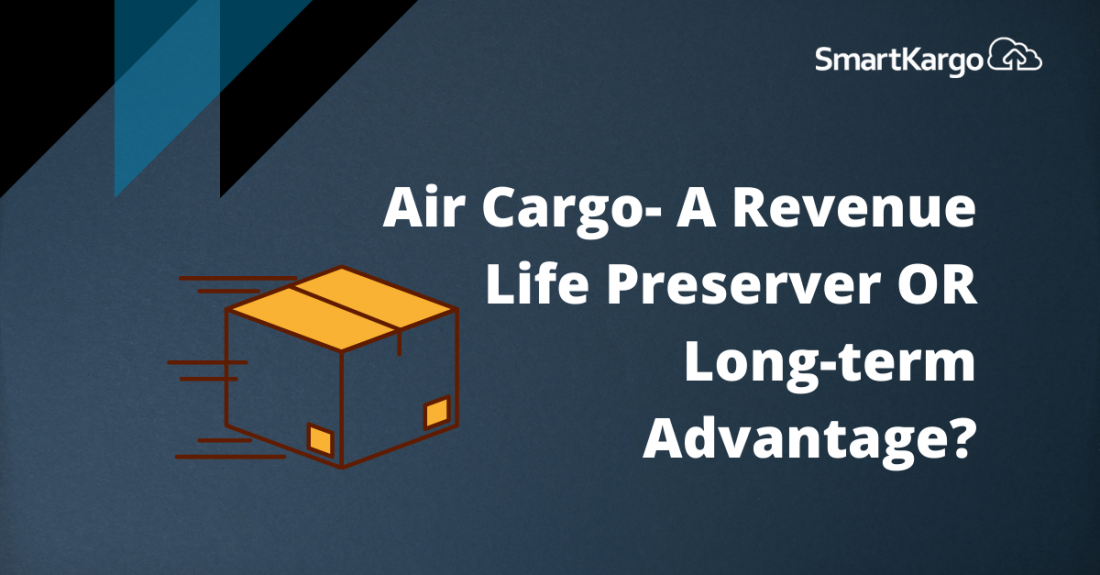I needed to change my weight, like many of us, the pandemic caused me to become a little sedentary and gained some weight. So, I wanted to motivate myself and went looking for a great quote to put on my phone and screensaver – I found so many about change. But it got me thinking, airlines are currently experiencing an evolutionary moment in dealing with ballooning debt, loss of business passengers, and increased competition, even as leisure travel passengers are starting to return. Airlines are facing a time of intense change – but change is hard. With this in mind, I went with Socrates for my quote, “The secret of change is to focus all of your energy not on fighting the old, but on building the new.”
Airlines are at one of those points in the business where they can choose to embrace change or simply go back to the way things were in 2019. As countries open up and competition will heat up, airlines that are lean and innovative will thrive. In a recent article in the Wall Street Journal, there could be as many as 90 new airlines launching in 2021. Debt levels are at some of the highest levels ever for existing airlines and will be a drag on investment and innovation. Potential loss of future business travelers is evident, as companies and corporations adopt video collaboration tools for meetings and personal selling, successfully. With these factors affecting airlines, it is a perfect time to think about changing your organization by driving new revenue opportunities.
Some airlines are beginning to change by hiring different types of employees with different skill sets. In one of our previous blogs, we spoke about a new type of executive, who sees e-commerce cargo as a tremendous opportunity. New perspectives drive innovative ideas and new revenue streams. But these kinds of changes take commitments from the top and continuous communication throughout the organization. As an example, Azul airlines have moved toward a complete commitment to the e-commerce logistics market over the past few years. The whole company has been committed to driving change and realizing this additional revenue source as part of its business model. The results have been phenomenal, and Azul continues to be one of the most successful cargo logistics companies in Brazil.
Change is hard. I’ve only lost 3 LBs, but change for airlines is hard as well. Airlines need to think about what they can evolve in their business models. Technology is not a panacea but it is a great vehicle to drive change, adapt to new cloud technologies, and let more new employees step up. As airlines begin to get back to serving global markets, post covid, they will also need to innovate. Airlines will need to innovate to drive more revenue to service the debt, compete with new airlines, and make up for less business travel. The essential focus must be on the change needed to thrive going forward and will also require letting go of what worked for us in the past, as in the old, “Socrates was a smart man.”




